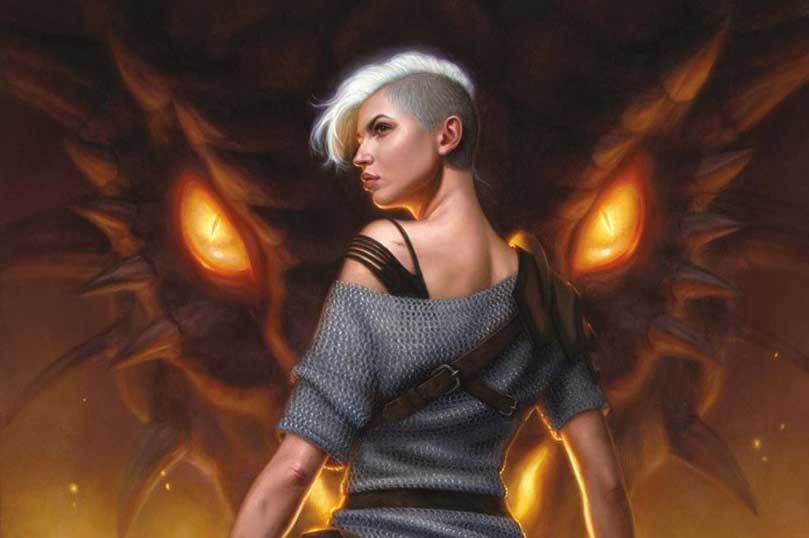
Written by J. A. Pitts
When I sit down to write a novel, the first thing I do is try to understand who my characters are and what they want. It’s not easy, making people up out of whole cloth, but when you get them set firmly in your imagination you find they are quite ready to tell you what’s on their minds.
I know authors who say they let the characters tell them what’s going to happen next, and others who swear loudly and say the characters will damn well do as they are told. I find I blend both concepts into a hybrid solution where I try to imagine how a character would behave in a given situation and torque it to the needs of the story, within reason. I have to find the internal consistency with each character so I know when I’m having them react to the world around them, and to make sure I don’t have them act purely in the author’s need. This way lies failure. Having a character react in a way that is illogical to the way they have been shown on the page will throw the reader out in a fit of rage, or at least, bad-tempered grumbling. Either way, you lose the flow of the story along with the trust you’ve built with the reader.
I know there are days my characters would rather sit on the couch and play video games or ride winged horses and explore abandoned castles. If these things progress the story, I will indulge the whim, but usually I force them into uncomfortable situations and try to get them out or to move onward in a logical, emotional and realistic fashion.
Staying true to the rules I’ve established for the characters and having them react within reason and within the confines of the world I’ve created involves learning to lie with panache. It is my intent to make you believe something you wouldn’t normally believe, to see fictional events as truth and to follow my characters on adventures that cause the real world to fade away.
When that happens, I know I’ve got characters who are vivid.
Twice now I’ve overhead conversations where total strangers discuss my characters as if they were real people. This is one of the highest forms of praise I can imagine.
When I sit down to write, I have to suppress the real world as I know it and begin to think as my character. There’s a bit of madness in this act. It’s a duality that I find hard to describe. I really try to immerse myself in the emotional, logical and intellectual mind of my character. It’s like watching two movies super-imposed on one another, with warring soundtracks.
Sarah Jane Beauhall in many ways has nothing in common with me—beyond the fact she’s a figment of my imagination. She’s a hip young lesbian struggling to find her way in the world where she fears she will never be the best nor the brightest. She lives on the outskirts of a world of privilege with strong gender, racial, mythological, and even species biases.
I’ve had readers contact me and tell me how much they associated with either Sarah or Katie. They discuss how the experiences I’ve shown on the page are so visceral, so true to their own, that for the first time they feel that their emotions are valid.
Twice I’ve been contacted by readers who shared with me that before reading about Sarah’s trials and tribulations that they had seriously considered suicide. One student carried Black Blade Blues around like a life-line, reading and rereading the book to prove over and over that their own experiences were valid and real. That within the pages of these books lives another who feels the same way, sees the world with a similar vision and who sallies forth to find her voice, her life, her very self.
And isn’t that just the most powerful verification that perhaps I’m doing something right?
…………………………
From the Tor/Forge June newsletter. Sign up to receive our newsletter via email.
…………………………
More from the June Tor/Forge newsletter:















